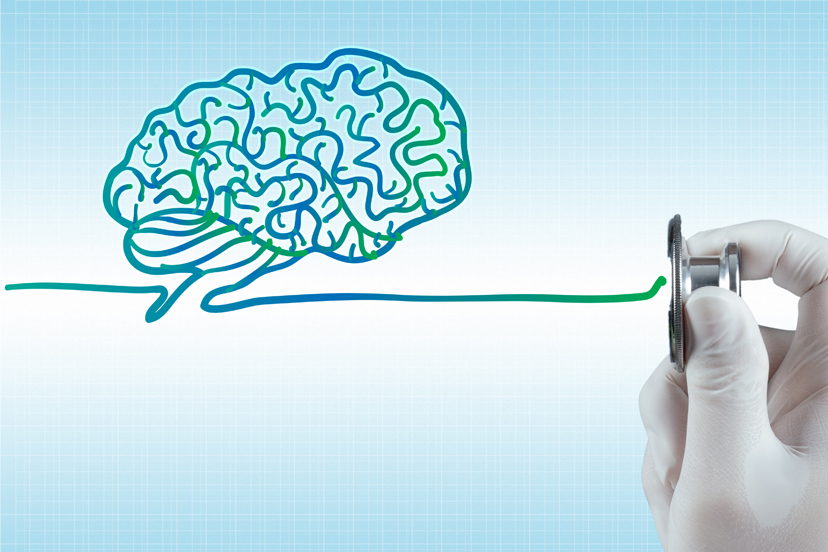A cerebral aneurysm is a weakening in the walls of a blood vessel causing it to bulge into a balloon pooling blood. In rare cases, this can cause pressure on the surrounding nerves or tissues, and may lead to rupture and leak into the brain (hemorrhage). This can result to a stroke, coma or death. Aneurysms vary in size, shape and location. Small aneurysms may have no symptoms or cause no problems, whereas larger aneurysms pose a high risk and should require prompt medical treatment.
Symptoms of a ruptured aneurysm often come suddenly. This is characterized with a severe sudden headache, blurred vision, stiff neck, nausea and vomiting and or loss of consciousness. When someone experiences these, one should seek immediate medical attention.
Diagnosis and tests
- Computerized tomography (CT) Scan
- Magnetic resonance imaging (MRI)
- Cerebrospinal fluid test
- Cerebral Angiogram
Treatment
Treatment for an unruptured aneurysm would depend on the size, type and location. Considerations would also include an individual’s age, and overall health to the risk of rupture and treatment. There are three treatment options available, these include:
1. Relieving symptoms and managing complications
2. Non-surgical or Medical therapy
3. Surgical therapy or clipping- is done through a craniotomy. When an aneurysm is identified, a small metal clip is applied or clipped on the neck of the aneurysm to stop the blood from pooling into it.
4. Endovascular therapy or coiling- is a less invasive procedure where a mesh coil is inserted through the groin to the affected artery to prevent blood from entering the aneurysm and reduce its risk from rupturing.
You may find our specialist here at Neurology Center, Phyathai 2 Hospital
Phyathai 2 Hospital
International Correspondence Center
Tel: +66-2617-2444 ext. 2020 or 2047 E mail: onestop@phyathai.com
 @pt2_inter
@pt2_inter
 Phyathai 2 Cambodia
Phyathai 2 Cambodia
 PT2Chinese
PT2Chinese
 phyathai2inter
phyathai2inter
